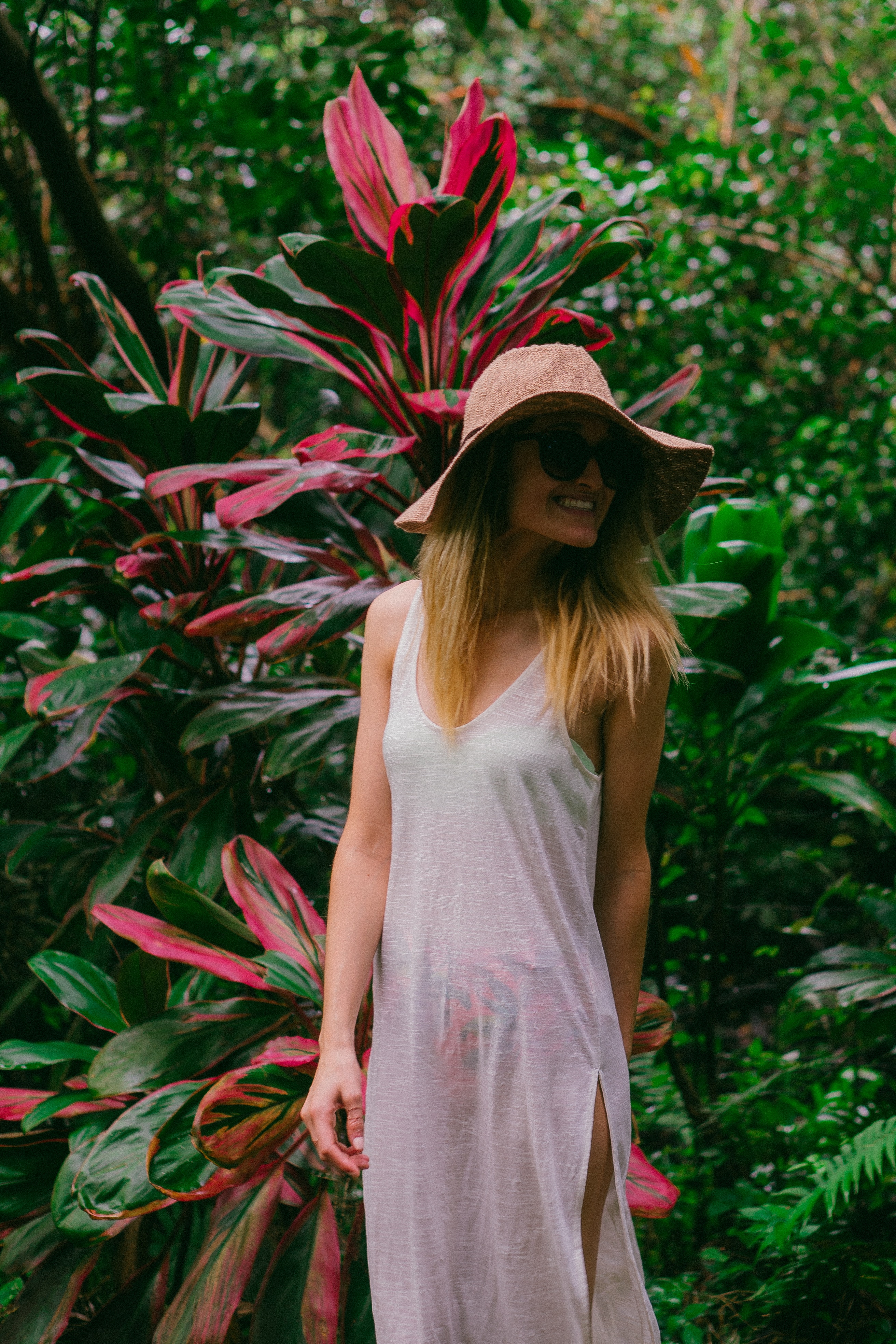 Eucalyptus trees are the threads of the future. TENCEL or Lyocell clothing, made from Eucalyptus trees, is becoming more and more popular due to it's eco friendly manufacturing process, amazingly soft fabric and lightweight designs.
Eucalyptus trees are the threads of the future. TENCEL or Lyocell clothing, made from Eucalyptus trees, is becoming more and more popular due to it's eco friendly manufacturing process, amazingly soft fabric and lightweight designs.
These fabrics are comfortable and absorb 50% more moisture than cotton and help regulate your temperature like wool, by keeping you cool in the heat and warm in the cold. This unique fibre also pulls moisture away from the skin which is then evaporated from the surface of the fabric. It has many of the same properties of wool but is softer than silk and feels amazing on! Non-itch, odor resistant & hypoallergenic as well as not bad for the environment so it is a win all the way around. Because it keeps moisture away from the skin and evaporated, bacteria doesn't have time to form meaning making odor resistant!
The Eucalyptus trees that create the fibers are grown in responsibly managed forests and are cut rather than uprooted so the trees not only grow back quickly the CO2 stored in the soil is not released making them a better alternative for the environment and the climate. The trees require little water to grow and are typically found on land that is unsuitable for other agriculture. The process of turning the Eucalyptus wood into fibre also has minimal impact on the environment. The wood pulp is dissolved in the non-toxic chemical Amine Oxide and reduced down into a cellulose viscous solution. This solution is then extruded through fine holes to create the fiber and spun into the fabric. 99% of the chemical, water and waste is reused in the unique closed loop system which minimizes the impact on the environment and conserves water and energy. The water consumption to make lyocell is 10-20% lower than the manufacturing process for cotton. This unique process was awarded the Environmental award in 2000 by the European Union and is certified by the Forest Stewardship Council (FSC). TENCEL is used by many manufacturers and is the better alternative when choosing commercial clothing. Article by Daisy Carlson Photo Jordon Bauer